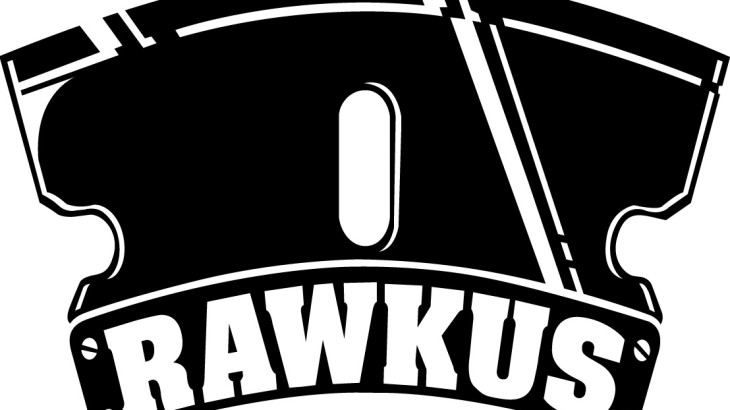Rawkus Records were one of the most important labels in hip-hop throughout the 1990s. Founded in 1995, in its heyday, it played an extremely important hand in crafting, signing and recording phenomenally talented acts, many of whom have gone on to massive success today. Notable releases included Mos Def and Talib Kweli‘s stunning Blackstar as well as solo albums from both, Company Flow (El-P of Run The Jewels’ first group), Pharaohe Monch, Hi-Tek and more. Even Eminem worked with Rawkus in his earliest days – in fact, you know how in his breakout single, you can hear Stan saying, “… I like the shit you did with Rawkus, too, that shit was phat”? Well, check this out.
For a few glorious years they reigned supreme in underground beats, putting out some of the most innovative and lyrically-driven records of the time. Unfortunately it all began to unravel as the label headed into the new millenium. Check out the venom El-P spat at them a few years after leaving and forming his own label, Def Jux.
But one of the most interesting aspects to this story is looking at exactly where they got their funding from. The label was founded by childhood mates Brian Brater and Jarret Myer, and although they’d saved up $10,000, it wasn’t enough. So they called upon a wealthy friend of theirs to invest, who thankfully agreed. Who was this magical moneybag, a man whose dollars went on to help release some of the most important hip-hop records of the mid-90s? It was a guy named James Murdoch. A guy whose father is media tycoon, Rupert Murdoch, of News Corp. The man who, for someone in charge of a hell of a lot of journalists, says a lot of terrible things in public. The man who just announced his support for Donald Trump. The guy Rolling Stone labelled “Deviant Scum” just last year. And so on.

Mos Def with James Murdoch. Image: Rex Features/Wireimage
Murdoch was a hands-off silent investor, and most assume that his involvement was mostly prompted by a rebellion against his family’s company and values. After dropping out of uni to work with the label, it is reported that he went so far as to get a tattoo and an eyebrow piercing.
By the late 1990s, the label were under fire from its artists and employees for a number of issues like not paying royalties, financial dishonesty, neglecting talent and firing staff members before Christmas. So Murdoch then ran to his father’s company, and in 1996 News Corp bought a majority share in the label, a whopping 80%. This in fact was Murdoch’s first official entry into the family company he still calls home.
Rawkus was eventually sold and signed a number of times throughout the early 2000s, but it never quite returned to its glory days – although Kweli’s 2002 debut solo album Quality is still a brilliant release, and it did feature early production from one Kanye West. Rawkus closed its doors in 2004, and after briefly reforming in 2006, officially folded for good in 2007.
Anyway, there you go. News Corp funded, and later owned, Rawkus. Not to say that this in any way devalues or changes anything about the label’s legacy of course, but it sure as hell is interesting.
Image: Rawkus

